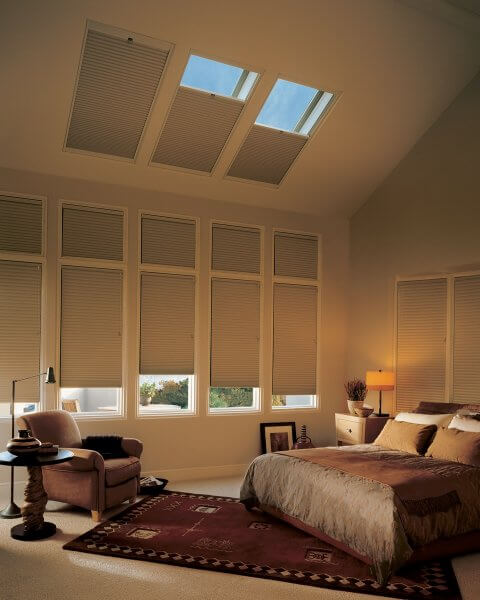NO OBLIGATION
Your Journey to a Beautiful Home Starts at Sunshine Drapery
Receive a complimentary professional in-home design consultation today!

According to a study by the Centers for Disease Control and Prevention (CDC), more than a third of Americans are not getting enough sleep on a regular basis. Adults between the ages of 18 and 60 should get at least seven hours of sleep per night, but recent research shows that many Americans just are not getting enough shut eye. Interruptions in sleep and decreased quantities of rest can result in numerous problems, including chronic conditions such as obesity, diabetes, high blood pressure, heart disease, stroke, and mental distress.
)
Receive a complimentary professional in-home design consultation today!